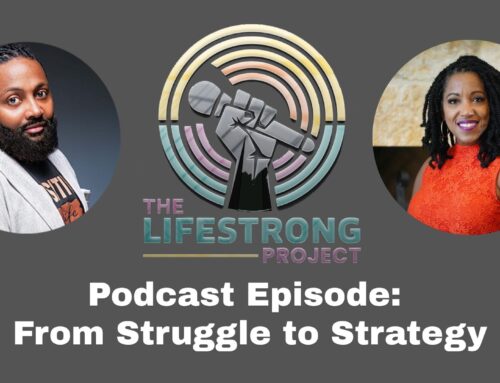Don’t Let the Weeds Take Over the Garden
As leaders, professionals, and purpose-driven people, it’s all too easy to focus on our flaws. “I’m too disorganized.” “I don’t speak up enough.” “I’m not creative like them.” These thoughts are more than passing comments—they’re weeds.
And just like a garden, your mind needs regular tending.
When you water those negative thoughts with repetition and inaction, they take root. Before you know it, your confidence is choked out by self-doubt. That’s why it’s so important to practice positive self-talk—the fertilizer for personal growth and professional development.
The Danger of Deficit-Based Thinking
Deficit-based thinking is when we focus more on our limitations than our abilities. It narrows our mindset, limits our confidence, and shrinks our willingness to grow. In leadership, this shows up in second-guessing our decisions or hesitating to delegate because “we’re not good at managing others.”
But here’s the truth: growth doesn’t come from shaming ourselves. Growth comes from acknowledging where we are and speaking to who we’re becoming.
A Moment of Pattern Disruption
In a recent communications workshop I led, a participant made a passing comment that reflected a deeply ingrained, negative pattern of thinking. I gently paused the conversation and said, “Don’t let that weed kill the garden.”
That one phrase shifted the room.
We used it as a springboard to explore how often we allow unchallenged thoughts to shape our professional identity. From there, we had a rich discussion on the power of strengths-based development. I explained that what we had just experienced was a pattern disruption—those critical moments when we catch ourselves in a limiting mindset and make a choice to redirect.
That’s the kind of intentional pruning that keeps your garden thriving.
Shift the Focus: Lean Into Your Strengths
Instead of saying, “I’m not organized,” try:
“I’m creative and bring strong ideas to the table. I can partner with someone who thrives on structure.”
Instead of thinking, “I’m too emotional,” try:
“My empathy helps me connect and lead with compassion.”
This isn’t toxic positivity—it’s truth-telling from a place of self-awareness. When we lead with strengths, we build the confidence and capacity to address our challenges without shame.
I’ve seen this work in my own life. When I first began consulting, I was quick to point out all the ways I didn’t measure up to other speakers or leaders. But over time, I replaced “I’m not ready” with “I’m equipped for this moment.” That shift helped me embrace opportunities that grew my business and my impact.
Backed by Science: The Power of Positive Self-Talk
This isn’t just motivational fluff—there’s data behind the power of words. Research published in The Journal of Positive Psychology shows that positive self-talk can improve performance, reduce stress, and build resilience over time. It influences how we interpret challenges and how we show up in the face of uncertainty. 1
In other words, what you say to yourself matters—more than you know.
Let This Be Your Growth Season
You don’t have to ignore your areas for development—but don’t water them more than your gifts. Speak truth to your growth. Affirm your progress. Pull the weeds of comparison and fear, and plant something beautiful in their place.
Your leadership, your joy, and your impact deserve it.
Your Turn:
Can you recall a moment when you caught a negative thought before it took root? Maybe in a mentoring session or with a client who needed that same kind of pattern disruption? I’d love to include another personal story from your journey to reinforce the message.
Footnotes
- Tod, D., Hardy, J., & Oliver, E. (2011). Effects of self-talk: A systematic review. Journal of Sport & Exercise Psychology, 33(5), 666–687. ↩






